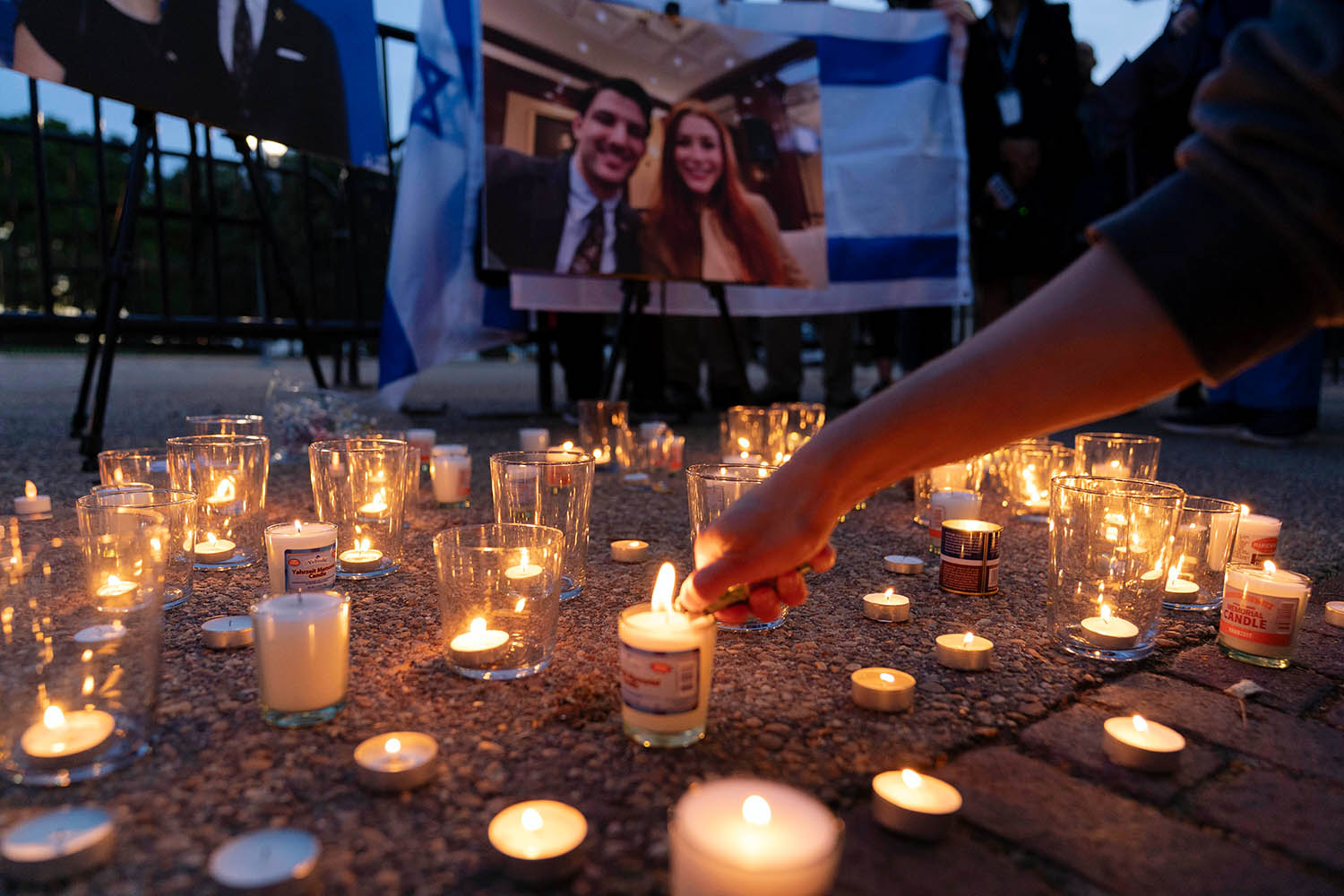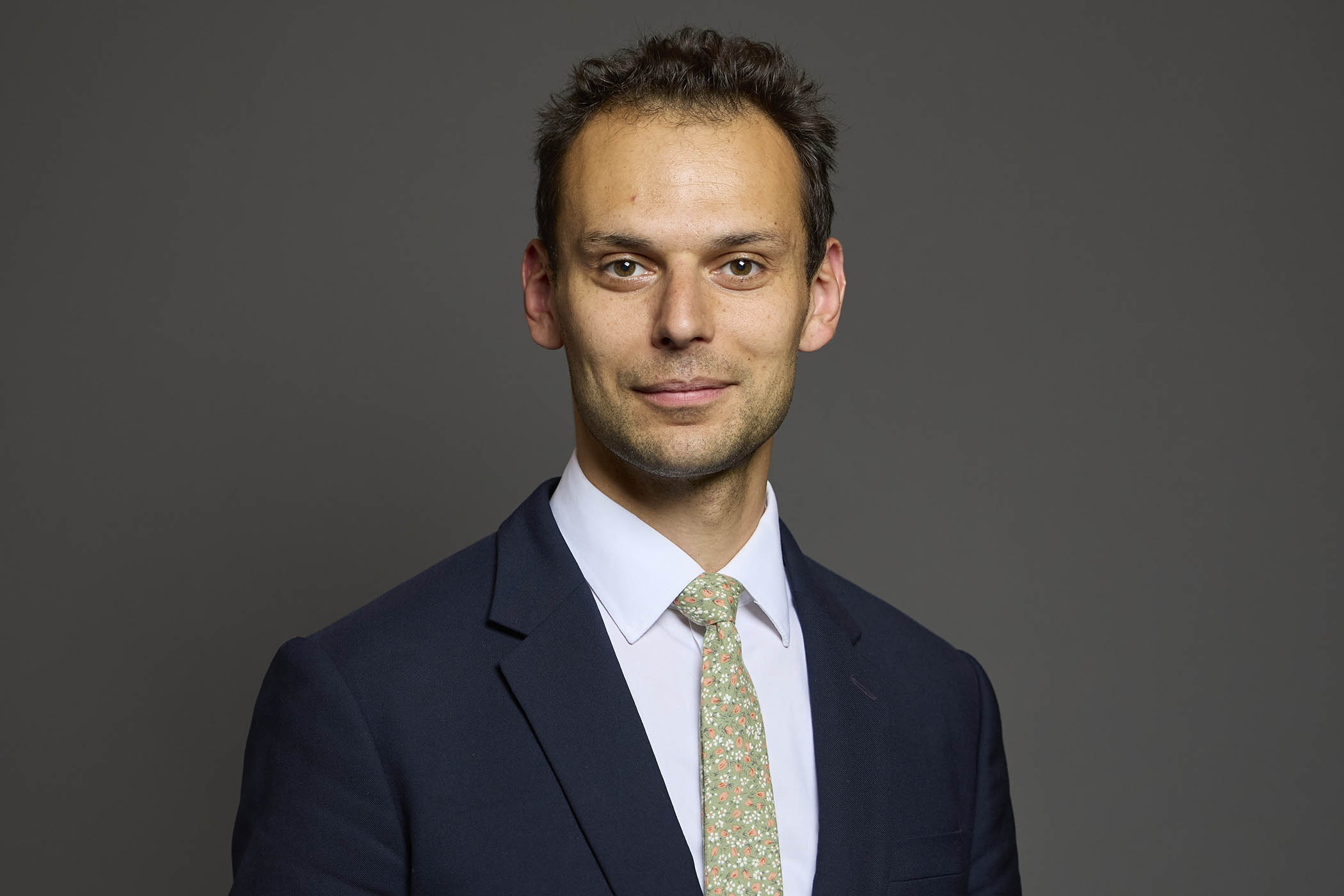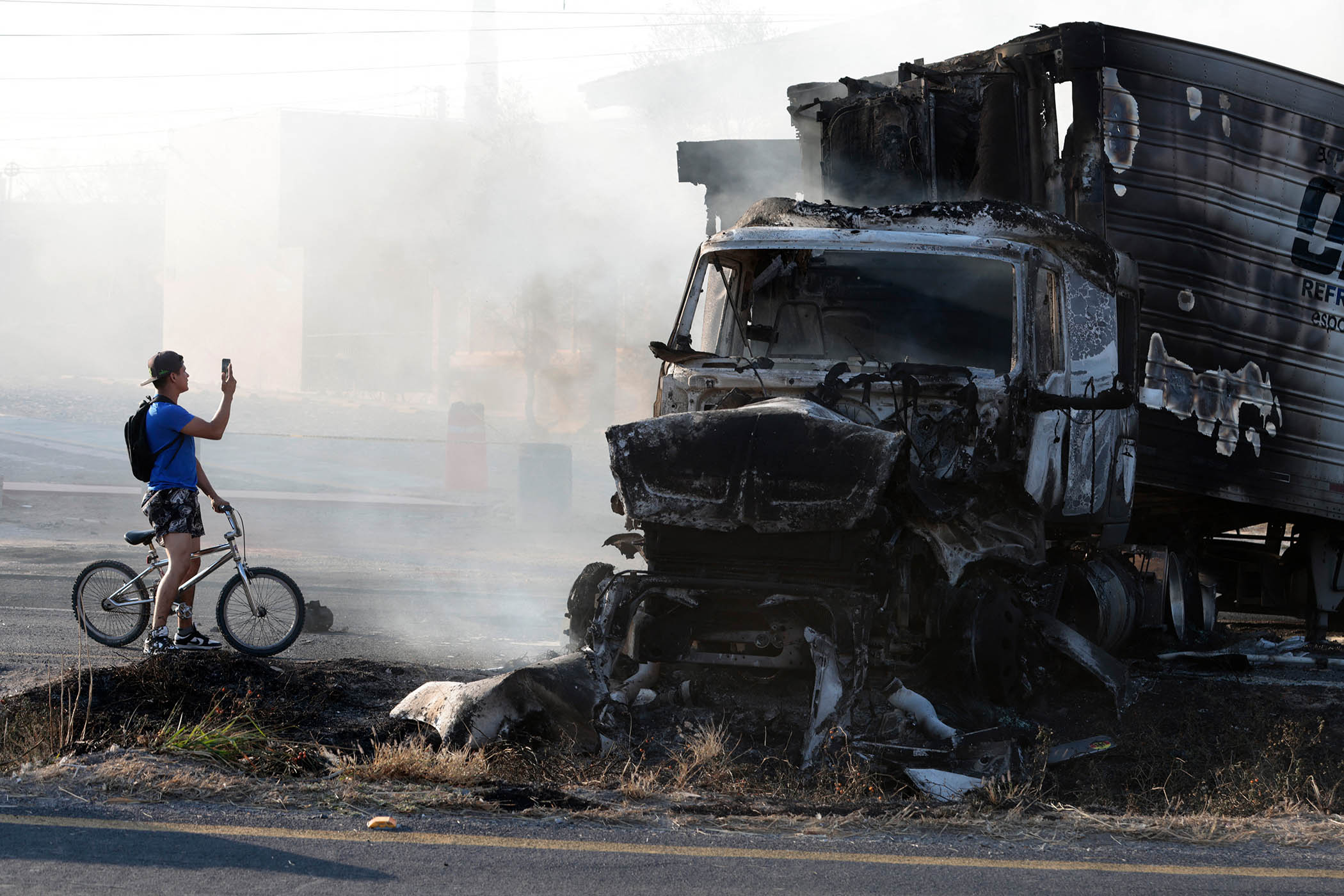The cold-bloodedness is striking. A man supposedly motivated by his horror of the death of innocents shoots two young strangers in the back. As the woman tries to crawl away, he shoots again, emptying his gun. The wounded woman sits up; he reloads and shoots again. And so Sarah Milgrim and Yaron Lischinsky died outside Washington DC’s Capital Jewish Museum. A man called Elias Rodriguez has been detained.
Horrible, but what’s new? Americans kill each other with a terrible frequency. The US is a nation which, for all its many virtues, has a violent past and a weapon-sodden present. Its murder rate is more than four times that of the UK, and up to 80% of those killings are carried out using firearms. Rodriguez had flown to Washington from his native Chicago, having declared that he was carrying a gun in his luggage.
It hasn’t just been American presidents who have been assassinated. State politicians, campaigners, judges and fringe religious leaders have also been targeted – people you’ve never heard of, victims of grudges or of those whose voices guide them to committing righteous murders.
But there are trends in murder as there are in everything. Rodriguez was a man of the far left, who, just before the killings – under the heading “Escalate For Gaza, Bring The War Home” – allegedly wrote that murder would be a proper response to what he described as the genocidal state of Israel.
Looked at one way, the almost random selection of victims was an ideological version of a school shooting. But this martyr needed to stay alive, presumably so that when he appears in court he can make that speech from the dock he may fantasise will rouse a nation to action.
Yet the violence seems nihilistic. Like Rodriguez, the late 19th-century Russian revolutionary movement Narodnaya Volya (People’s Will) saw assassination as an act of disruption in itself, creating a new political situation in which the old order would be overthrown and a new one brought into being. This self-indulgence led only to more repression, just as today no Gazan will be safer for Milgrim and Lischinsky’s murders.
But for those despairing or impatient and narcissistic enough to become the judges and executioners of others, this may be a golden age of self-justification. Social media has seen an explosion of violent language and most journalists who write about politics and international affairs have had the experience of being publicly accused of complicity in genocide. It happened to me on the day I wrote this.
So if you’re an angry young man with a gun and an address list, where might you go with that? How about the Israeli foreign minister blaming the Washington murders on western governments’ “incitement”, because of their criticism of Israel’s conduct in the Gaza war? What might a young Jewish extremist think was an appropriate response to such a claim?
On 4 December last year in New York City, Luigi Mangione, then aged 26, allegedly shot UnitedHealthcare’s chief executive, Brian Thompson, in the back with a homemade gun. Like Rodriguez, Mangione had left a paper trail in which he seemed to blame Thompson’s company for a decline in life expectancy in the US. A YouGov poll conducted shortly after the murder found 21% of Americans viewed Mangione favourably. Younger people were particularly impressed.
It may be a golden age for those narcissistic enough to become the judges and executioners of others
It may be a golden age for those narcissistic enough to become the judges and executioners of others
Last week a militant anti-Zionist organisation called Unity of Fields saw the link. Its Telegram account asked: “How can people embrace, celebrate and support Luigi’s political violence (which was also a good thing) but not support Elias Rodriguez, whose action is far more politically salient?”
Newsletters
Choose the newsletters you want to receive
View more
For information about how The Observer protects your data, read our Privacy Policy
These actions coincide with the “rediscovery” of Theodore “Ted” Kaczynski – the Unabomber – who, between 1978 and 1995, carried out a bombing campaign in which three died and 23 were injured. Kaczynski acted out of hatred for the new technological and anti-nature regime that he thought was ruining the world.
On the Goodreads website, Mangione allegedly wrote it was “simply impossible to ignore how prescient many of [Kaczynski’s] predictions about modern society turned out”. Last December Maxim Loskutoff, whose recent novel had featured the Unabomber, recounted how a Seattle teacher had “asked me what he could tell his students about Ted Kaczynski, because he was a hero to so many of them”.
In America, murderous riots in the Capitol culminated in the political reward of the instigator and his pardoning of the rioters. In Britain, a woman who clearly incited racial violence was defended by the former attorney general Suella Braverman, who has accused the current government – which was clearly not implicated in the verdict – of suppressing free speech.
What should a self-righteous, furious, intolerant young person learn from these examples?
“You woke up this morning/Got yourself a gun/ Your mama always said you’d be the chosen one.” So the opening of The Sopranos and Alabama 3 had it. Murder has its fashions and we may be seeing one right now.
Photograph by Jose Luis Magana/AP Photo



